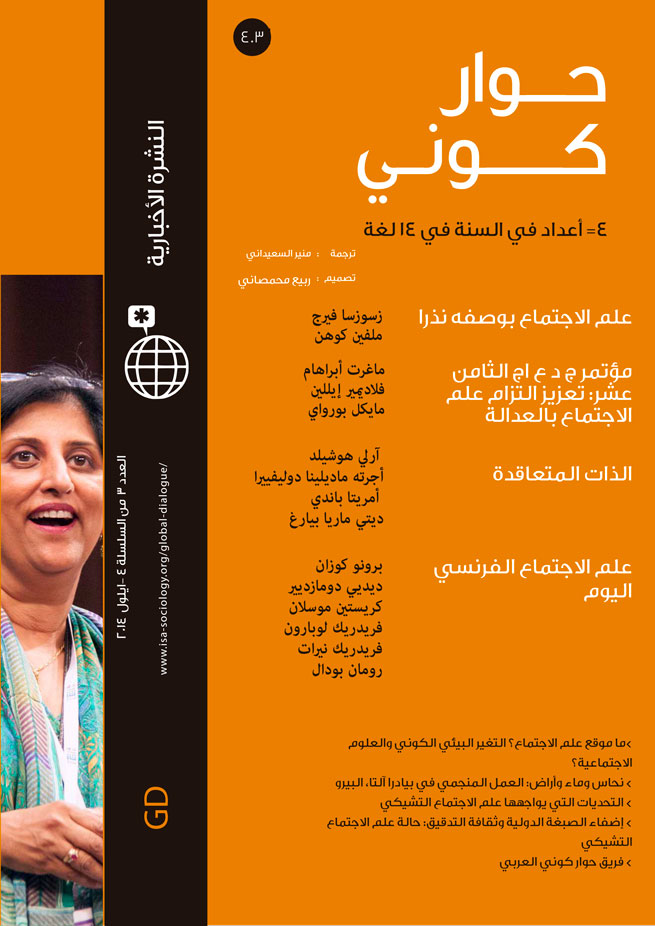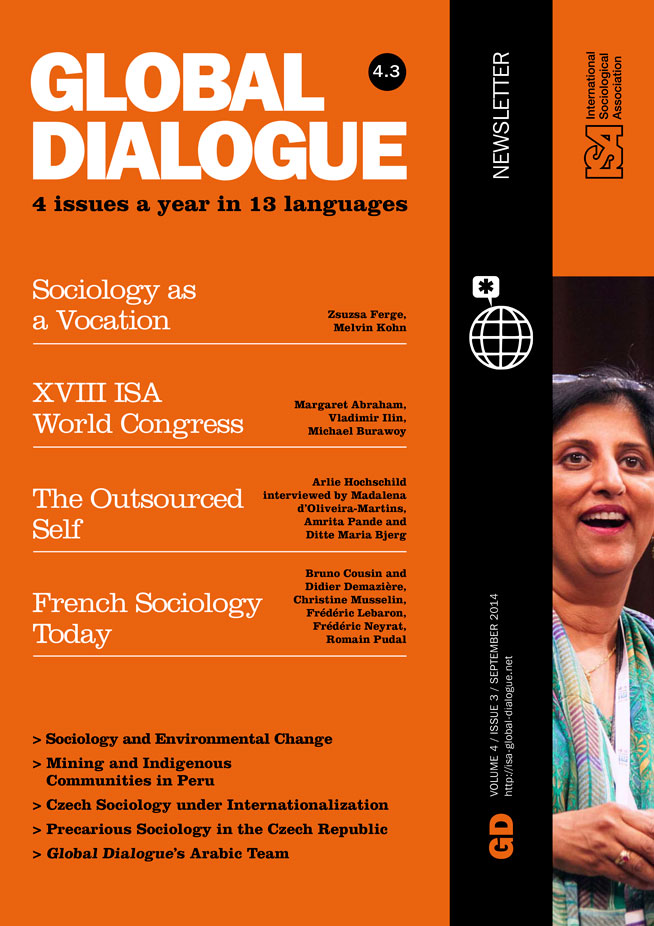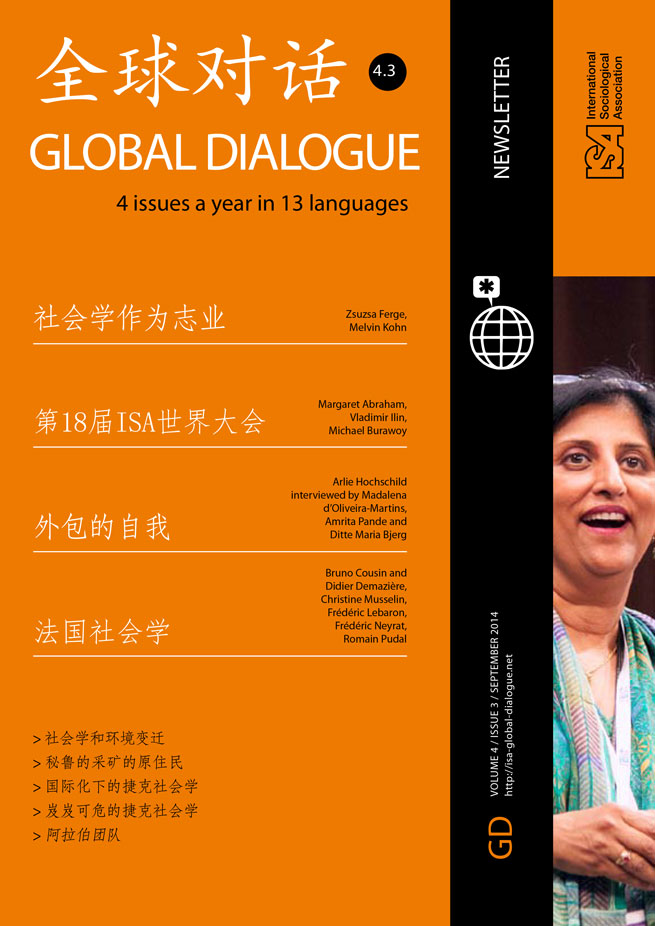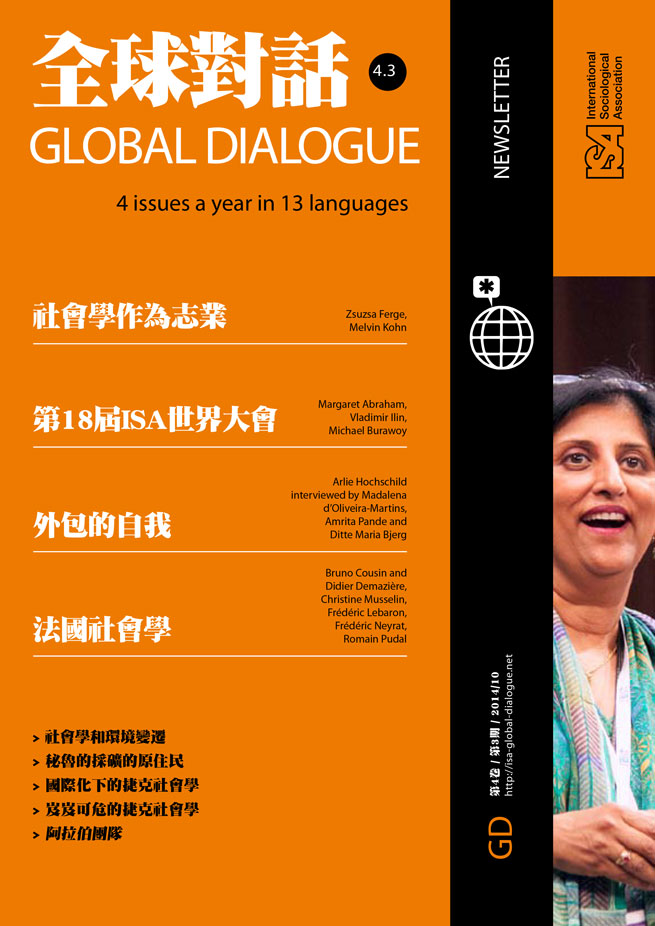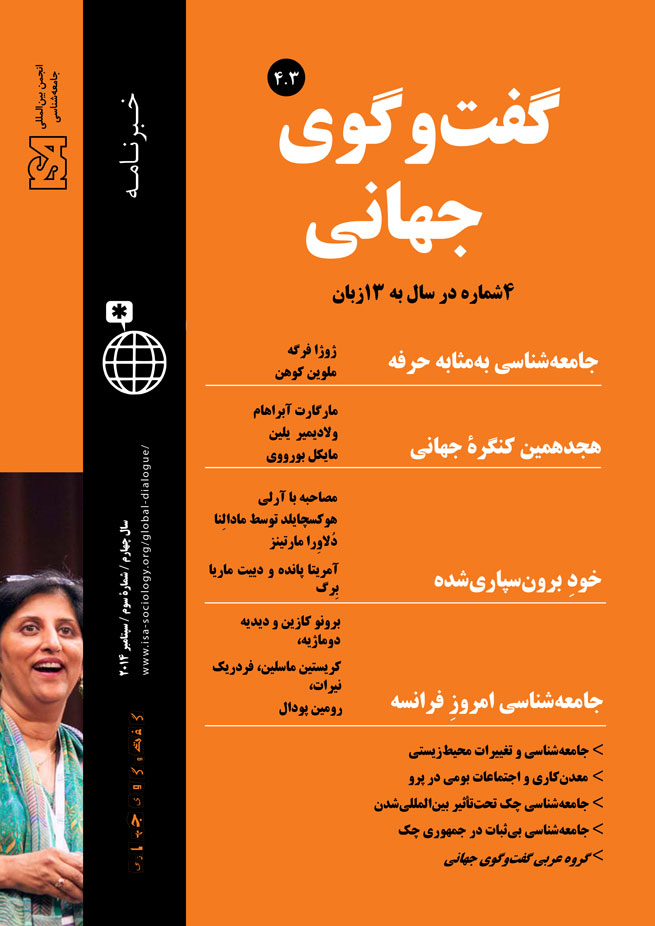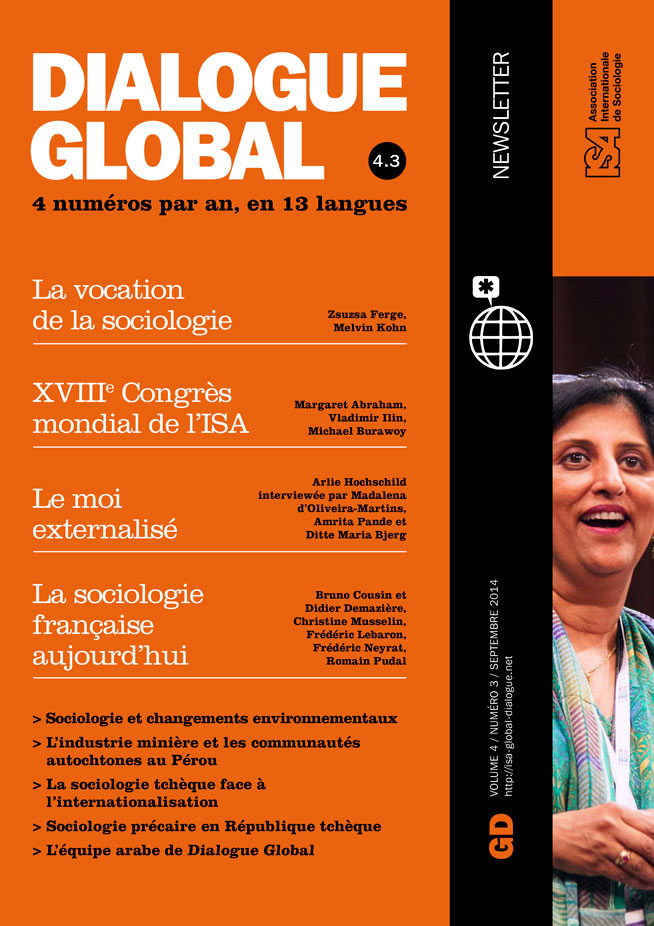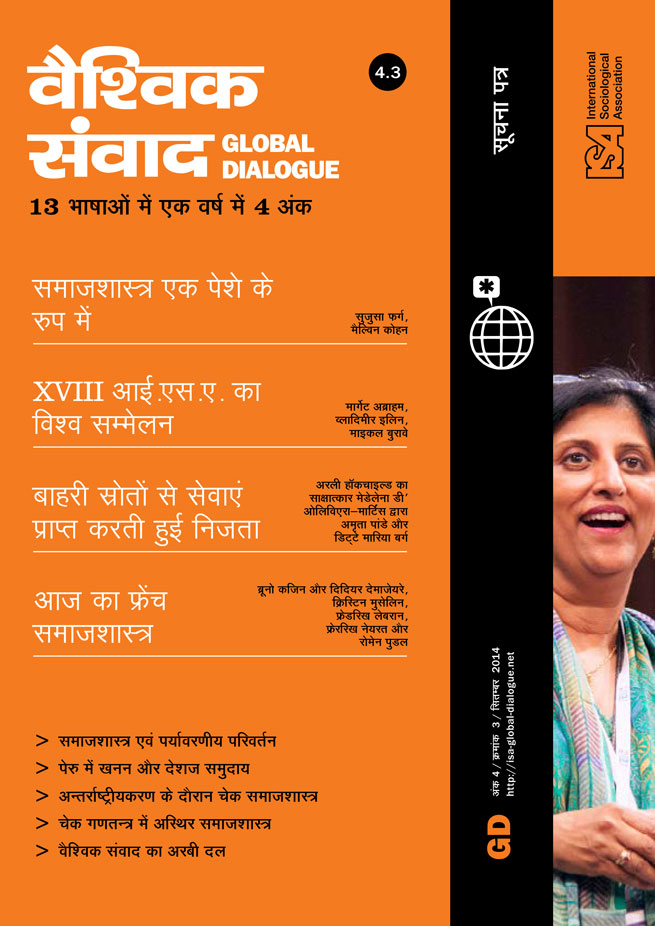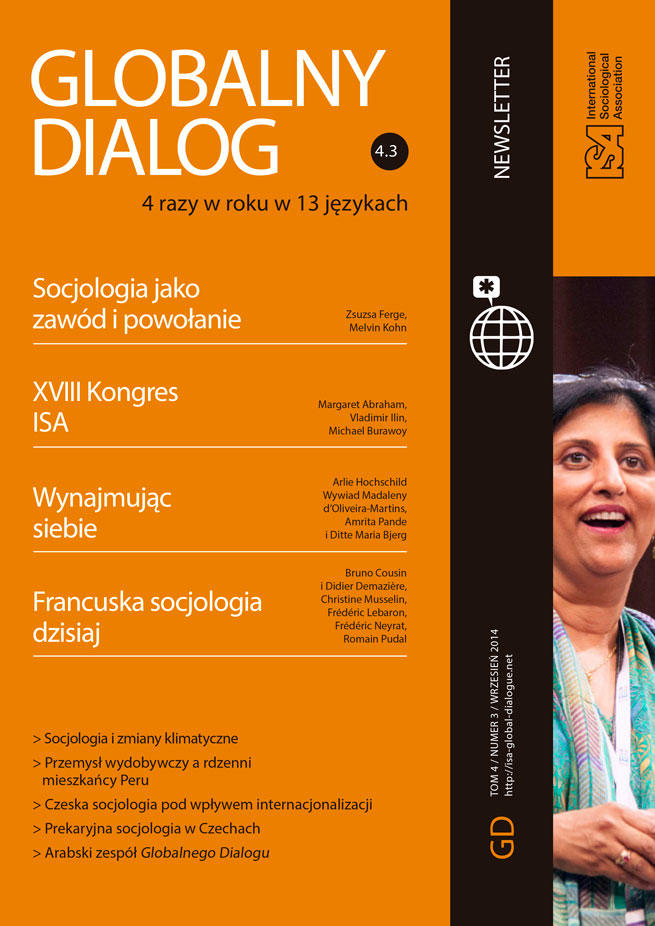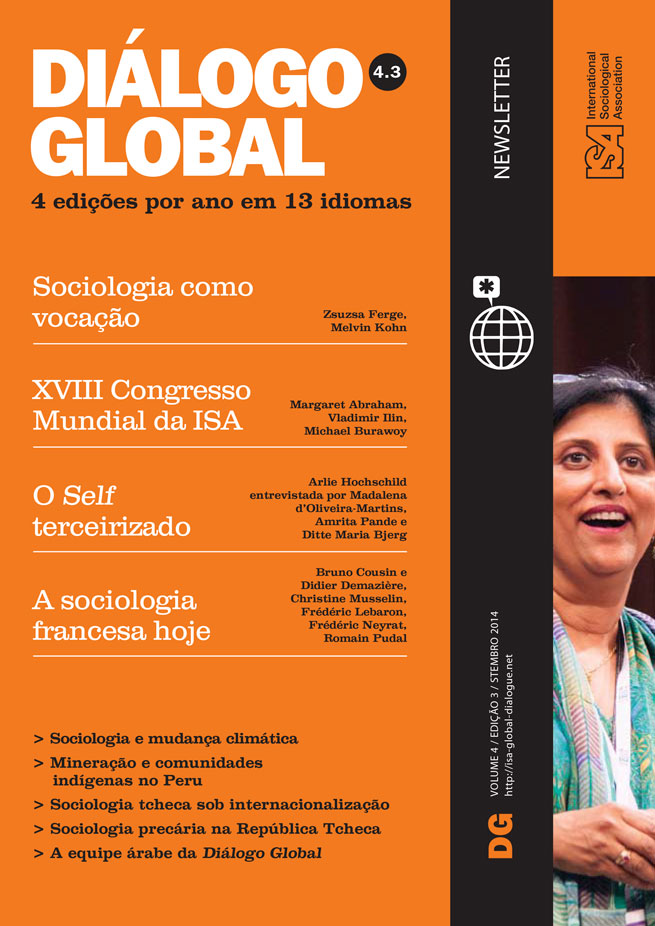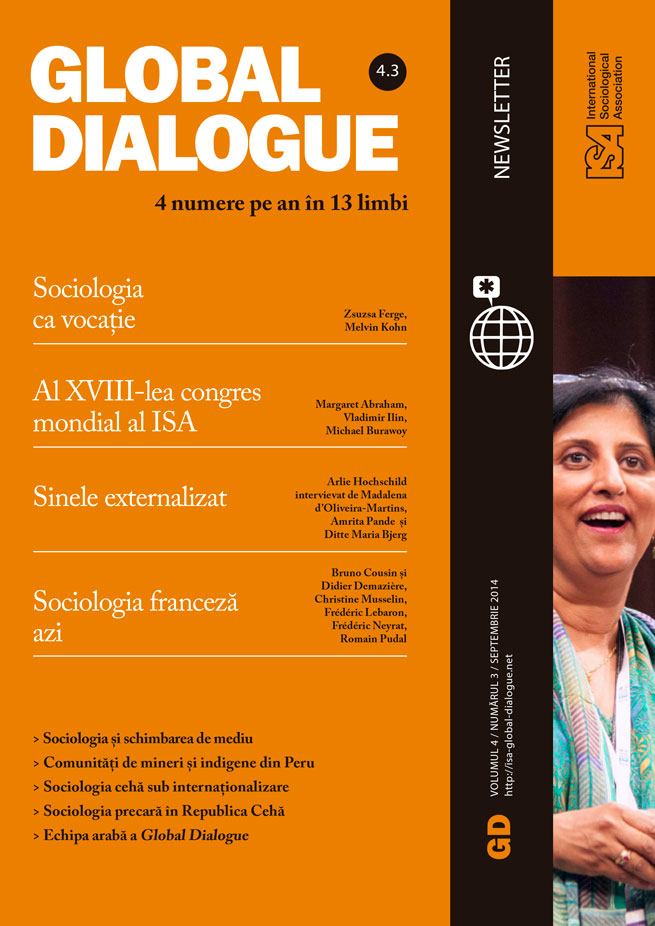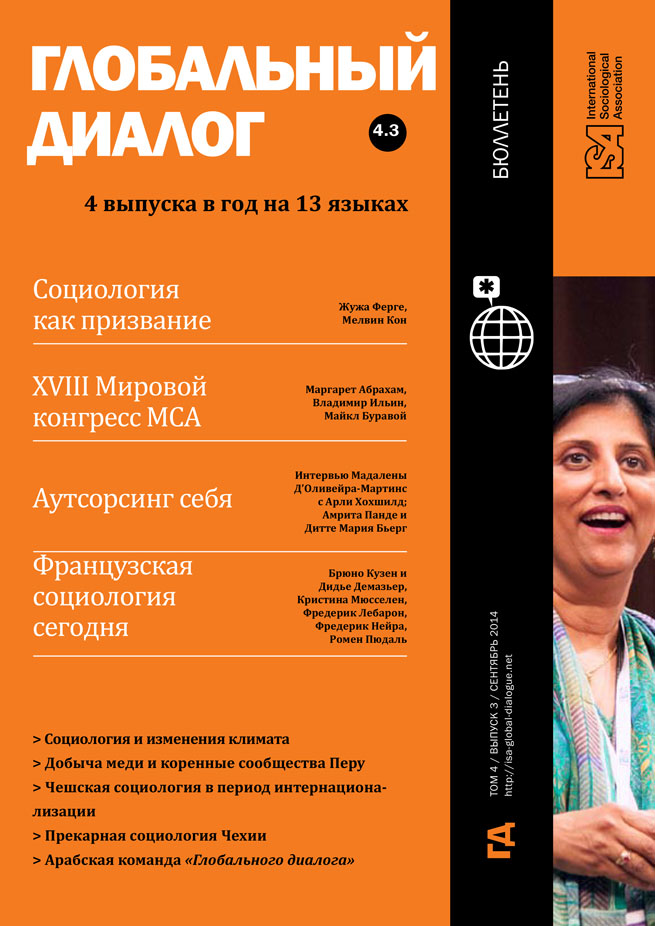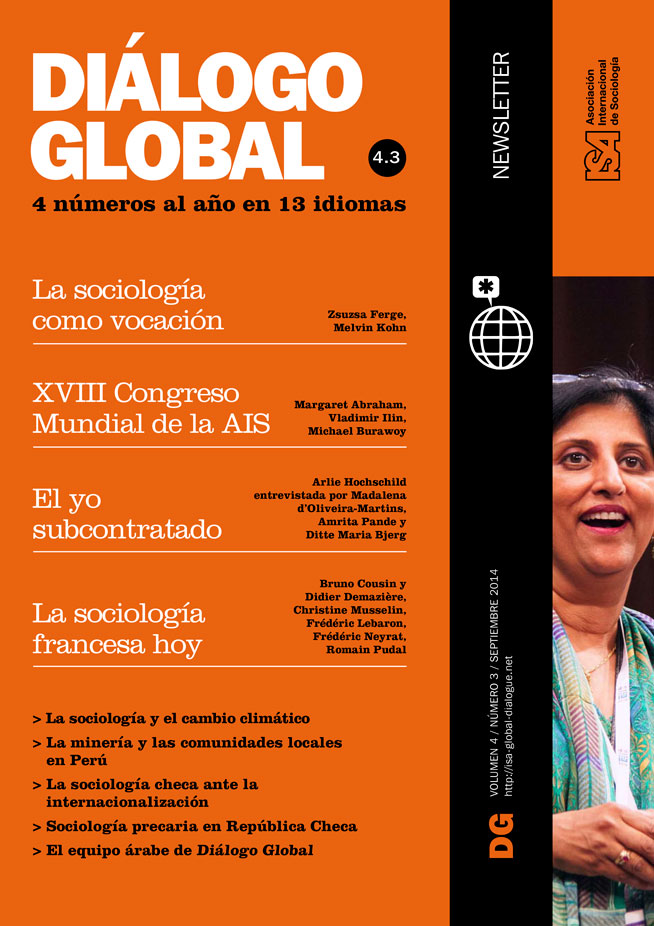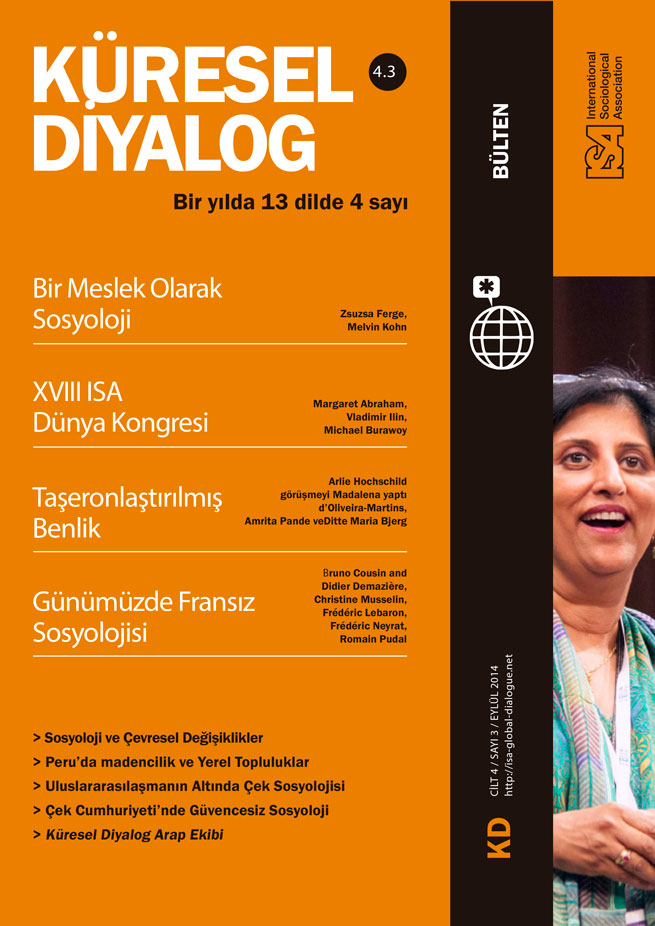Read more about Challenges Facing Czech Sociology
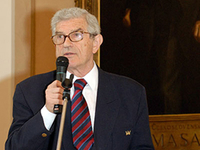
Internationalization and Audit Culture: The Case of Czech Sociology
by Martin Hájek
September 08, 2014
The word precarious often describes a condition that is “not strong, safe or steady.” All three moments contained in the term precarious aptly convey significant characteristics of contemporary sociology. First, sociology’s precarity reflects the way broader societal-technological trends re-shape the production of sociological knowledge. Second, considering the transformation of academia under neoliberal hegemony, sociology is increasingly a precarious discipline. Third, the term could be used to describe sociology’s object of analysis: a social world that is unsteady and extraordinary. While international debates may note these aspects of the discipline, local, regional and “provincial” manifestations and tensions are often neglected. This essay, therefore, discusses some broader global developments in relation to the Czech context.
Let’s begin with sociology’s internal dimension. Undoubtedly one of the fundamental challenges for 21st century sociology will involve new methods of data collection, and sociology’s responses to new computer, digital and software infrastructures. Traditional empirical methods (such as survey and interview) are now challenged by the ability of actors (often private) to quickly aggregate, sort and analyze immense sets of transactional data. Datasets unprecedented in scope and size (big data), digital techniques of data collection and tracking of social media and associated intensification challenge not only methodological instruments, but may also affect sociological theorizing. Can we still consider “the social” an all-purpose explanatory category? Must theorizing make room both for the digital and the biological/human? For the religious and the secular? For the universal and the singular/particular dimensions of social life? Sociology now scrutinizes relatively stable social structures and divisions as well as “states of exception,” fluid spheres and mutating networks; alongside traditional categories of class, gender, nationality and ethnicity, social theorizing presently accommodates emergencies, accidents, risks, assemblages and affects. Traditionally, sociology requires temporal and spatial distance from society in order to understand it, but some contemporary theoretical currents also mirror – perhaps embody and embrace – wider, even epochal, trends of 21st century social life: volatility, “messiness,” and acceleration.
Sociology’s precarity sometimes manifests itself as a conflict between the digital challenge and the local – often non-digital – sociological practices operating in different tempos and rhythms. Some modalities (empirical and theoretical) resist the digital challenge; for instance sociology’s local/regional embeddedness, a feature frequently characterized by idiosyncratic intellectual path-dependencies and the situated histories of national sociologies. Michael Saward suggests that “slow” theories involve “close consideration and mindfulness of the particularities and culture, pausing over situated and customary values, and taking account of a range of opinions and judgments,” embracing “production of situated knowledges.” Situated and arguably “slower” (in a sense that they take time), ethnographic and anthropological observations might be at odds with the digitalization-cum-acceleration imperative. Czech sociology, like many local sociologies, will probably remain caught between its internal “distinctiveness of locality” and historically conditioned development, on the one hand, and intellectual influences coming from elsewhere as well as digital developments and infrastructural trends of a supranational character on the other.
But perhaps the most pressing precarity that sociology faces nowadays stems from the external conditions co-shaping its reproduction. Market ideology, commodification and corporate governance cripple academic life across the world. Those realities have troublesome, yet unequally distributed, implications for individual academics: increasing stress, burnout, and psychological discomfort. Observers everywhere note shifts in academic time – and in its cultural, structural and experiential dimensions – as well as pressures on critical thought within sociology. Anglo-American contexts remain important “laboratories” for exploring the impact of neoliberal changes on the temporal structure of academia, but the gradual shift towards an accelerating managerial “knowledge factory” is indeed apparent in the other parts of the world too (including Czech academia).
Yet when I talk to colleagues in the UK, for instance, the current situation – both in terms of labor conditions and relative time and space for reading, writing and researching – still seems different from Czech academia. Indeed, although some notorious rhetoric – excellence, innovations, global competitiveness, knowledge-based economy – plagues the policy space of Czech academia, our system still remains relatively distant from the academic reality depicted in American or British campus novels like Fight for Your Long Day or Crump. Despite the über-neoliberal model adopted by the Czech political class, and despite repeated attempts to “tame” Czech academia and apply the principles of commodification and marketization, Czech academia still resists the relentless managerial and business ideology that structures its counterparts elsewhere. Austrian philosopher Konrad P. Liessmann’s harsh criticisms of current shifts, in academia and humanities have been widely echoed by Czech academics and academic managers, and when historian Howard Hotson, a leading critic of Britain’s university reforms, spoke to Czech audiences, his conclusions were unreservedly endorsed by representatives of Czech universities and the Academy of Sciences. A brave new commodified-marketized academia might face challenges here in Central Europe (at least for the moment).
Even with local resistance, of course, the neoliberal trends enveloping academies worldwide may reshape local and regional sociologies. Yet these pressures come precisely in a moment when the social world of the 21st century has acquired levels of complexity and fragmentation that call for new theories as well as rigorous analyses of how cataclysms of “global capitalist modernity” happen locally (and vice-versa, i.e. how local issues “go global”). In the present conjuncture we need a kind of sociology to describe, explain and do something about that modernity.
The third kind of precarity may yet assist sociology to meet that challenge. Perpetual questioning and interrogation of social reality remain pivotal prerequisites of any interpretative or “positive” mode of inquiry. Moreover, social phenomena, processes, ideologies, institutions and relations must be continually rendered unnatural, as objects for explanation and critique. Czech sociologist Miloslav Petrusek (1936-2012) paid particular attention to the connection between literature, art and sociology, suggesting that literature can serve as distinctive testimony about society. Sociology remains compelling as an inherently interdisciplinary enterprise, meshing with humanities and literature; and, at the same time, sociology is also a “normal science” with its paradigms and institutional grounding. It is this in-between instability that has always characterized sociology as a unique discipline illuminating the surprises and riddles that fill the social world.
Filip Vostal, Charles University and Academy of Sciences, Czech Republic <lip.vostal@gmail.com>
This issue is not available yet in this language.
Request to be notified when the issue is available in your language.
If you prefer, you can access previous issues available in your language:
